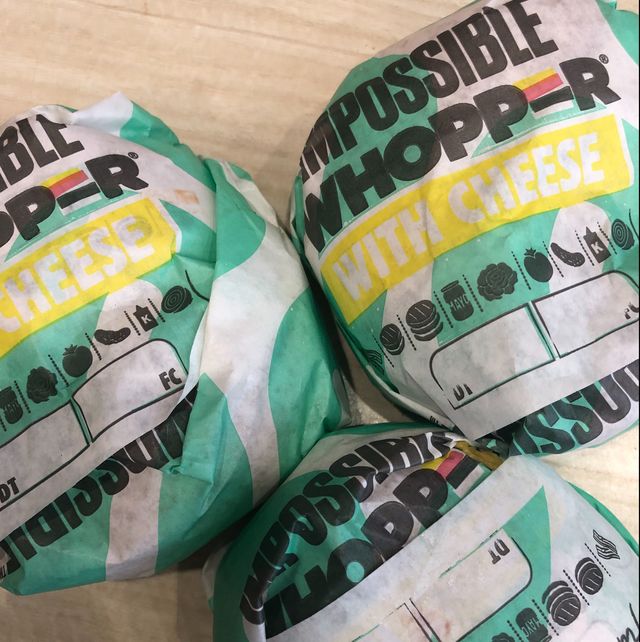See This Report about "What Nutrition Experts are Saying About the Impossible Burger's Healthiness"

The Environmental Impact of Consuming an Inconceivable Burger and How it Influences Your Health and wellness
Plant-based meat product alternatives have come to be considerably prominent in latest years, along with the Difficult Burger leading the means. This burger is made from a mixture of plant-based elements that mimic the taste and structure of beef. While this may appear like a triumph for both preservationists and wellness lovers, there are actually still worries regarding how these burgers influence our earth and our well-being.
The Environmental Impact
The Impossible Burger has been marketed as a a lot more sustainable option than traditional beef cheeseburgers. According to the company, their cheeseburger uses 96% less property, 87% a lot less water, and makes 89% less greenhouse fuel exhausts than a beef cheeseburger. These varieties are exceptional, but they don't inform the whole tale.
One problem is that a lot of of the components used in plant-based meat products are strongly refined and come from monoculture plants. This indicates that substantial quantities of land are still being utilized to develop just one or two plants, which can easily lead to soil deterioration and biodiversity reduction.
In addition, some of these substances might be sourced coming from nations where labor laws aren't as strict as they are in Western side nations. This can lead to profiteering of laborers who are paid low wages and function long hours.
Yet another issue is that while plant-based meats may make far fewer garden greenhouse fuel discharges than meat cheeseburgers, they still demand energy-intensive procedures to generate them. For Also Found Here , the Inconceivable Burger requires higher temperatures (up to 1000°F) to make their heme (the element that gives their burger its meat-like preference).
The Health Impact

While plant-based meat products have been touted as a more healthy alternative to standard beef hamburgers because they consist of no cholesterol levels or saturated fat, there are still concerns concerning their general impact on our wellness.
One concern is that many plant-based porks consist of sizable amounts of sodium. For instance, one Difficult Burger has 370 milligrams of salt matched up to a regular meat patty, which includes 75 milligrams. Excessive salt intake can lead to high blood stream tension and an raised danger of soul health condition.
In addition, some plant-based porks include ingredients, such as carrageenan and soy leghemoglobin (the component that offers the Impossible Burger its meat-like texture), which have been connected to intestinal concerns in some folks.
Another concern is that lots of individuals might view plant-based meat products as a "wellness meals" and eat them in extra. While they might be a much better choice than conventional meat cheeseburgers, they are still processed foods and must be eaten in moderation as component of a well balanced diet plan.
Final thought
The Impossible Burger and various other plant-based meats possess the potential to be much more lasting than conventional meat cheeseburgers. Having said that, it's crucial to think about their general effect on our earth and our health and wellness. While they might generate less garden greenhouse gasoline exhausts than meat burgers, they still call for energy-intensive methods to develop them. And while they may contain no cholesterol levels or saturated fat, several plant-based meats consist of huge amounts of salt and components that might impact our wellness if taken in in excessive.
Eventually, it's up to people to analyze the pros and disadvantages of plant-based porks and determine if they're correct for them. But it's significant for business like Impossible Foods to carry on working towards making even more lasting products while likewise ensuring their products are healthy for consumers.
